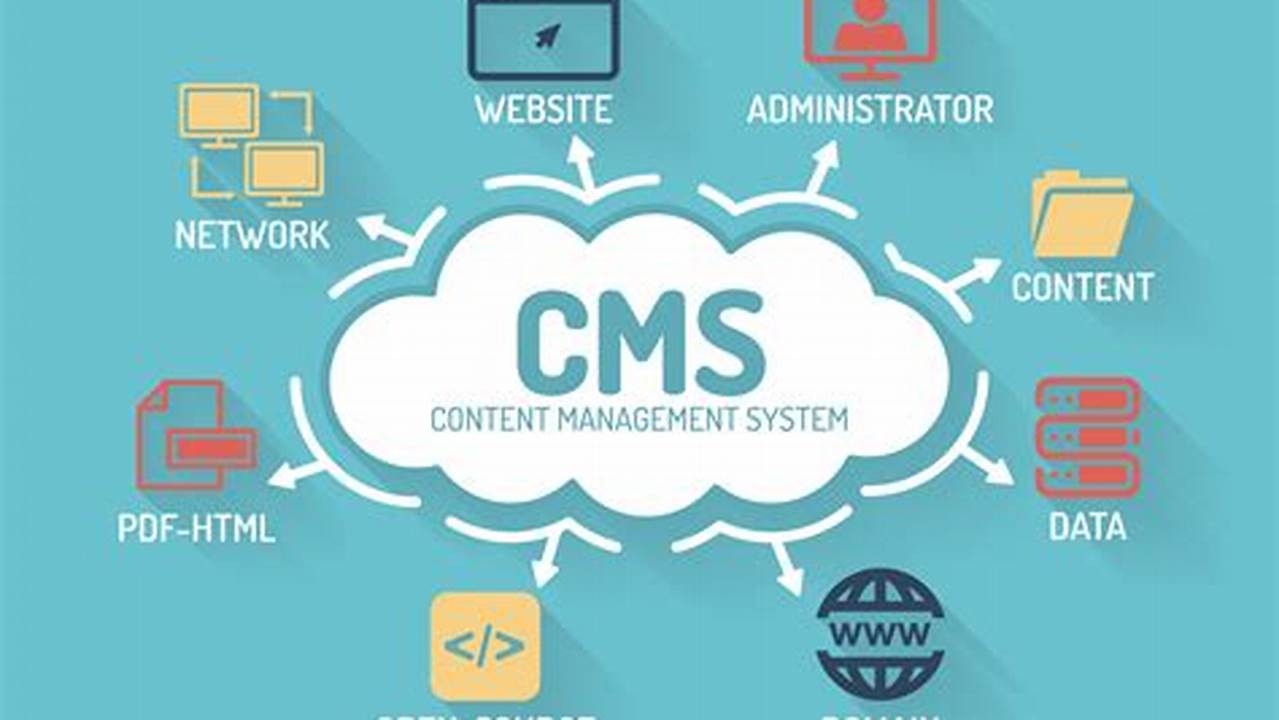Understanding the core functionality of a robust platform for creating, managing, and modifying digital content is crucial in today’s digital landscape. Such platforms offer a streamlined approach to website development and maintenance, eliminating the need for extensive coding knowledge. They empower users to control and update website content dynamically, ensuring relevance and freshness.
Simplified Website Management
These platforms offer intuitive interfaces, allowing even non-technical users to easily create, edit, and publish content. Tasks like updating text, images, and videos become straightforward, saving valuable time and resources.
Improved Collaboration
Multiple users can access and contribute to a website simultaneously, fostering efficient teamwork and content development workflows.
Enhanced Security
Reputable platforms prioritize security, offering built-in safeguards and regular updates to protect against vulnerabilities and data breaches.
SEO Friendliness
Many platforms incorporate features designed to enhance search engine optimization (SEO), helping websites rank higher in search results and attract more organic traffic.
Cost-Effectiveness
By simplifying website management and reducing the need for extensive technical expertise, these platforms can significantly lower development and maintenance costs.
Scalability and Flexibility
As websites grow and evolve, these platforms offer the scalability to handle increasing content volumes and adapt to changing needs.
Version Control
Track changes, revert to previous versions, and maintain a comprehensive history of content modifications for improved accountability and content integrity.
Template-Driven Design
Leverage pre-designed templates to create visually appealing and consistent website layouts without requiring advanced design skills.
Tips for Selecting the Right Platform
Consider your technical expertise: Choose a platform that aligns with your team’s technical capabilities and comfort level.
Evaluate content needs: Select a platform that supports the specific content types and functionalities required for your website.
Prioritize scalability: Ensure the platform can accommodate future growth and evolving content requirements.
Research community and support: Look for platforms with active communities and reliable support resources.
Frequently Asked Questions
What are the different types available?
Various types cater to different needs, including traditional systems, headless systems, and specialized platforms for e-commerce or blogging.
How do these platforms benefit businesses?
They empower businesses to maintain dynamic online presences, improve customer engagement, and streamline content management workflows.
Are these platforms suitable for beginners?
Many platforms offer user-friendly interfaces and intuitive features, making them accessible to users with limited technical experience.
How do I choose the right platform for my website?
Consider factors such as your technical skills, budget, content requirements, and future scalability needs.
What are some popular examples?
Popular examples include WordPress, Drupal, Joomla, and Magento.
Is technical expertise required to use them?
While some technical understanding can be beneficial, many platforms are designed to be user-friendly and accessible to non-technical users.
In conclusion, leveraging the power of a robust content management platform is essential for establishing and maintaining a successful online presence. By streamlining workflows, enhancing collaboration, and providing essential tools, these platforms empower individuals and organizations to effectively manage and deliver engaging digital content.



